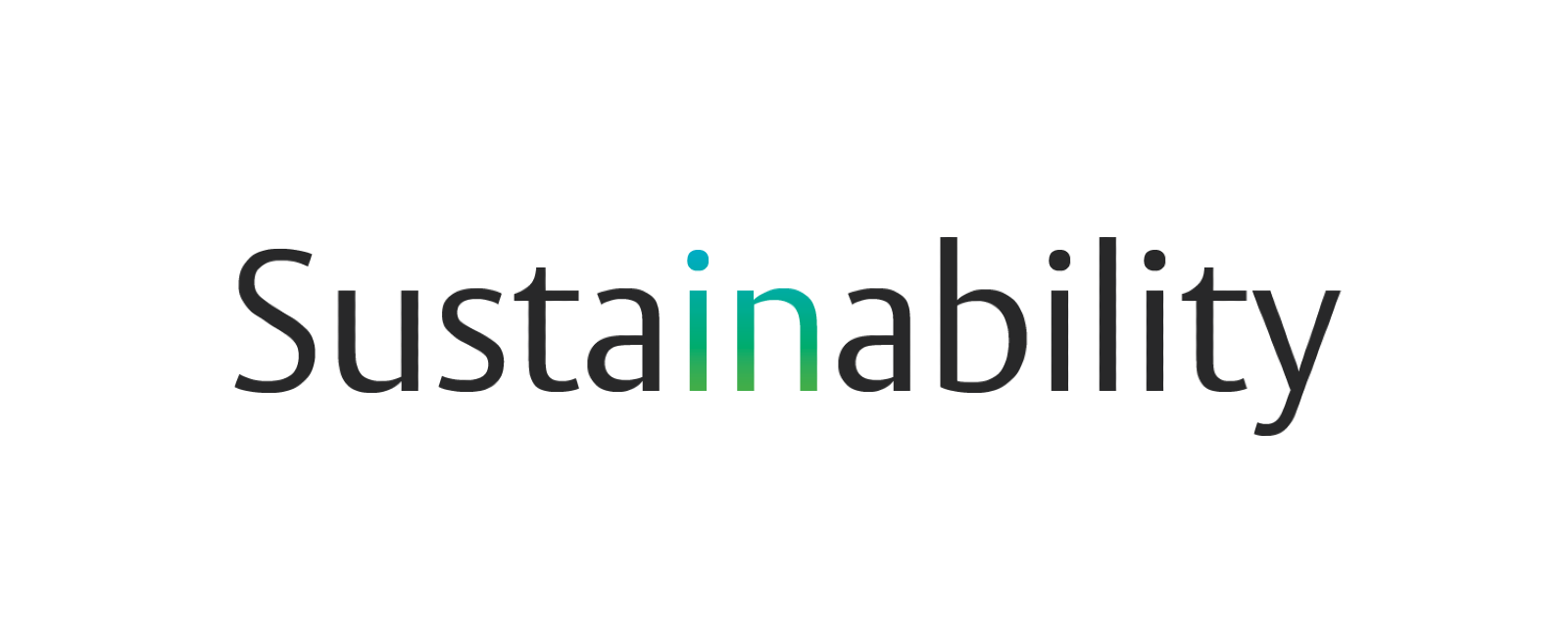The Emerging Market of Sustainable Workspaces and Buildings: Part 1

Amy Musanti - Director of Sustainability
A potential game-changer for savvy integrators
Those of us who have been paying attention to the global discussion know that climate change is real and that the need to do whatever it takes to mitigate its impact is vital and urgent. No longer is sustainability viewed as a fluffy buzzword or a nice-to-have environmental aspiration; nor is it being thrown around like it used to be in some organizations’ greenwashing, virtue signaling statement. Today, sustainability is serious business. this is especially true for the built environment, where the appetite for sustainable materials is high and more companies, institutions, and organizations now have ambitious programs in place to help reduce their carbon footprint and greenhouse gas emissions. According to a 2021 Forbes market report, 47% of engineering and construction executives surveyed worldwide believe sustainability is a key priority or major concern. In fact, the market for certified green buildings is expected to expand at a faster pace than the construction market in general. This means the doors to more opportunities remain wide open for those who want to be part of the green building initiative, from architects and general contractors to security integrators and beyond.
Rethinking Spaces
Along with new buildings going up and renovations underway, consider how sustainability fits in with today’s hybrid workforce and the current rethinking of the workspace. Companies are reassessing how employees need to use the office, and how little or how much square footage might be required. What will reconfigurations look like? Should they include more energy-efficient doors, windows, and walls, sustainable access control solutions, and better building management systems? Colleges and universities across the U.S. continue to build new halls and research centers and are one of the most active sectors behind ambitious sustainability programs today. New mixed-use commercial/residential/ hospitality/retail complexes are on the rise, with sustainability attributes, walkability, and wellness top of mind. As a result, demand for products that promote energy efficiency, environmental, and material transparency is accelerating. at is why the architectural/design community, building industry, and end-users are focused heavily on sourcing the most knowledgeable partners with the most sustainable solutions to help them develop safer, healthier, and more efficient work, play, learning, and living spaces.
Gaining a Sustainable Competitive Edge
Security professionals invested in sustainability success are among these highly sought-after resources – especially consultants and integrators specializing in door security solutions that are so essential for the many openings in buildings. It makes sense, then, that those most attuned to sustainability and who keep honing their expertise surrounding the latest developments and products are the ones who stand to gain the greater competitive edge. Consultants and integrators well-versed in sustainability, for instance, have the extra opportunity to educate their customers on the efficiency benefits of electronic access control (EAC) products that reduce power consumption and re-use existing infrastructure. Or they might identify a customer need for a sustainable automatic door opener that generates and stores its own power. The potential to highlight and propose sustainable solutions like these that are more cost-effective and offer greater ROI are the kind of things that win more projects and build stronger reputations. They’re also a small example of how sustainability is not only serious business but also good for business.
Come back for our next post where we will discuss why product ingredients and third party certifications matter, target verticals and resilience. You can also discover more about ASSA ABLOY's commitment to sustainability and the five pillars that support this initiative.
This article originally appeared in Security Business. You can find the second part of this post here.
Amy Musanti is the Director of Sustainability for ASSA ABLOY. Amy joined ASSA ABLOY in 2007 and has held a variety of positions across numerous divisions in customer service, marketing, sales, and sustainability. She is responsible for ’greening’ the group’s products and processes, by supporting business opportunities for ASSA ABLOY solutions that contribute to energy efficiency and wellness in the commercial and institutional construction industry. Amy has a Bachelor of Arts in Communication with a minor in Information Technology from Monmouth University in NJ and a Master of Science in Organizational Leadership from Quinnipiac University in CT, where she currently works as adjunct faculty for the School of Business.